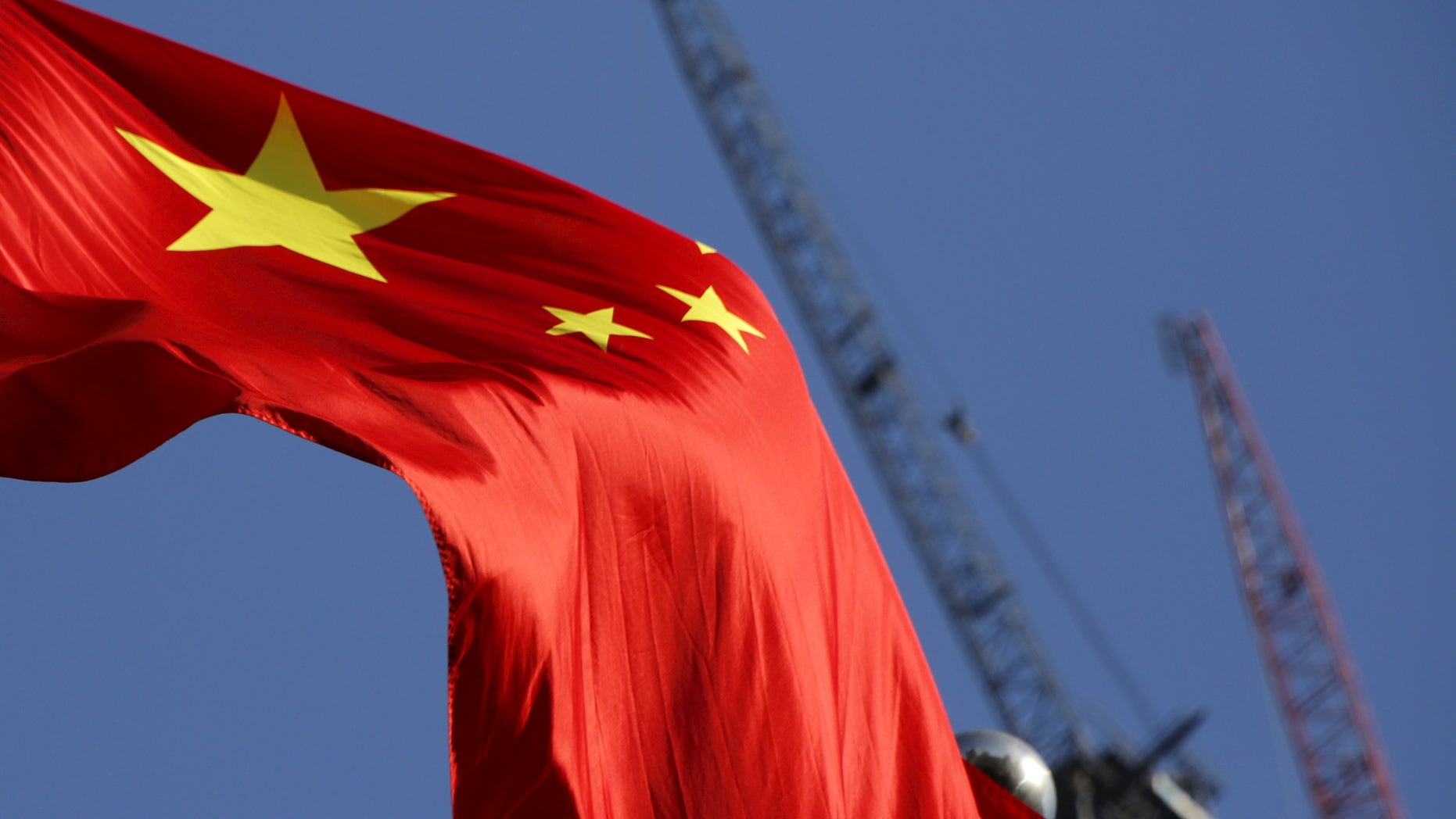 China's national flag is seen in front of cranes on a construction site at a commercial district in Beijing, China, January 26, 2016. REUTERS/Kim Kyung-Hoon
China's national flag is seen in front of cranes on a construction site at a commercial district in Beijing, China, January 26, 2016. REUTERS/Kim Kyung-Hoon
The effect of 5G technology will be profound – and China could be setting itself up to lead, a conservative think-tank has found.
“Think about going from a garden hose with a weak pump to a fire hose,” former House Intelligence Committee Chair Mike Rogers (R-MI) said at discussion recently hosted by the Heritage Foundation, entitled “China, 5G Technology and Global Security.”
The promise of 5G is exponentially higher speeds than 4G. In the U.S., major carriers such as Verizon and AT&T are doing limited rollouts in select big cities but full-bore, widespread 5G won’t arrive until 2020.
For consumers, 5G will bring lots of advancements, including the potential to replace home Wi-Fi networks, smarter artificial intelligence on phones and self-driving cars, among other products.
China’s potential to lead
Huawei, the world’s largest supplier of network equipment and one of the world's biggest phone makers, was front and center at the Heritage Foundation discussions.
“If I control the gear that builds the 5G build-out [that means] I can get access to data to anywhere in the world anytime I want,” Rogers said, adding that Australia has banned the Chinese telecom company from its core networks.
The potential to compute in the cloud via 5G is enormous – it could enable AI-enhanced apps on your phone that is “pretty much unthinkable right now,” Klon Kitchen, a senior research fellow Technology, National Security and Science Policy at Heritage, said during the panel discussion.
“So, 5G is not just a faster phone,” he added. “It’s an underlying capability that will enable a whole host of new innovations many of which we haven’t even begun to think about yet."
Kitchen also discussed the ramifications of Huawei developing and deploying 5G wireless networks faster than the U.S. “Why are we talking about Huawei? Huawei is the only company on the face of the planet that can develop, field and run an entire 5G network.”
Technological capabilities like Huawei’s matter because “because the currency of national power has now evolved,” Dean Cheng, Asian Studies Center Senior Research Fellow at Heritage, added. Cheng cited the “backbone” of the Internet and China’s increasing leverage.
“You don't actually get to pick and choose which pieces you transmit [data] over…if your country is a fundamental part of that backbone, and that backbone is itself vulnerable or contaminated, it's not at all clear how you would avoid that,” he said.
“So if you had chips, if you had servers and routers that were recording or introducing malware or otherwise contaminating the flow, it's not clear once you hit a tipping point… that you can even avoid being contaminated,” Cheng continued.
Huawei and other Chinese telecom companies like ZTE “pose an interesting challenge...the equivalent of an informational pandemic,” he said.
Rogers described Huawei as “a functioning subservient enterprise to Chinese intelligence and defense services… based on intelligence reports today," adding that “China has a law on its books that any Chinese company that has data, no matter where it was acquired, must turn it over to the state when requested.”
FBI director Christopher Wrey has warned about Huawei in the past. Speaking before Congress last year, Wrey said Chinese companies “that don't share our values to gain positions of power inside our telecommunications networks" pose a risk.
Earlier this week, Secy. of State Mike Pompeo testified before a Senate Appropriations subcommittee and warned about the "risk of having network systems co-located with Huawei systems."
No comments:
Post a Comment